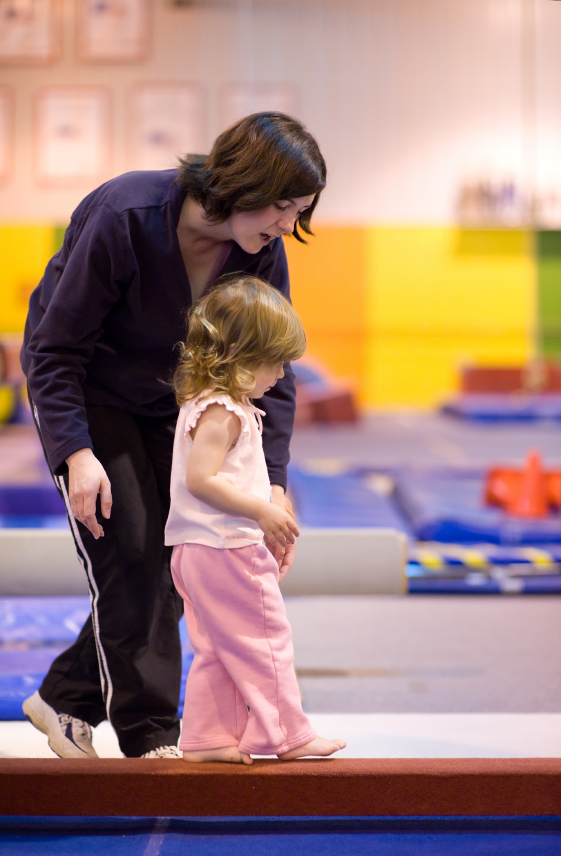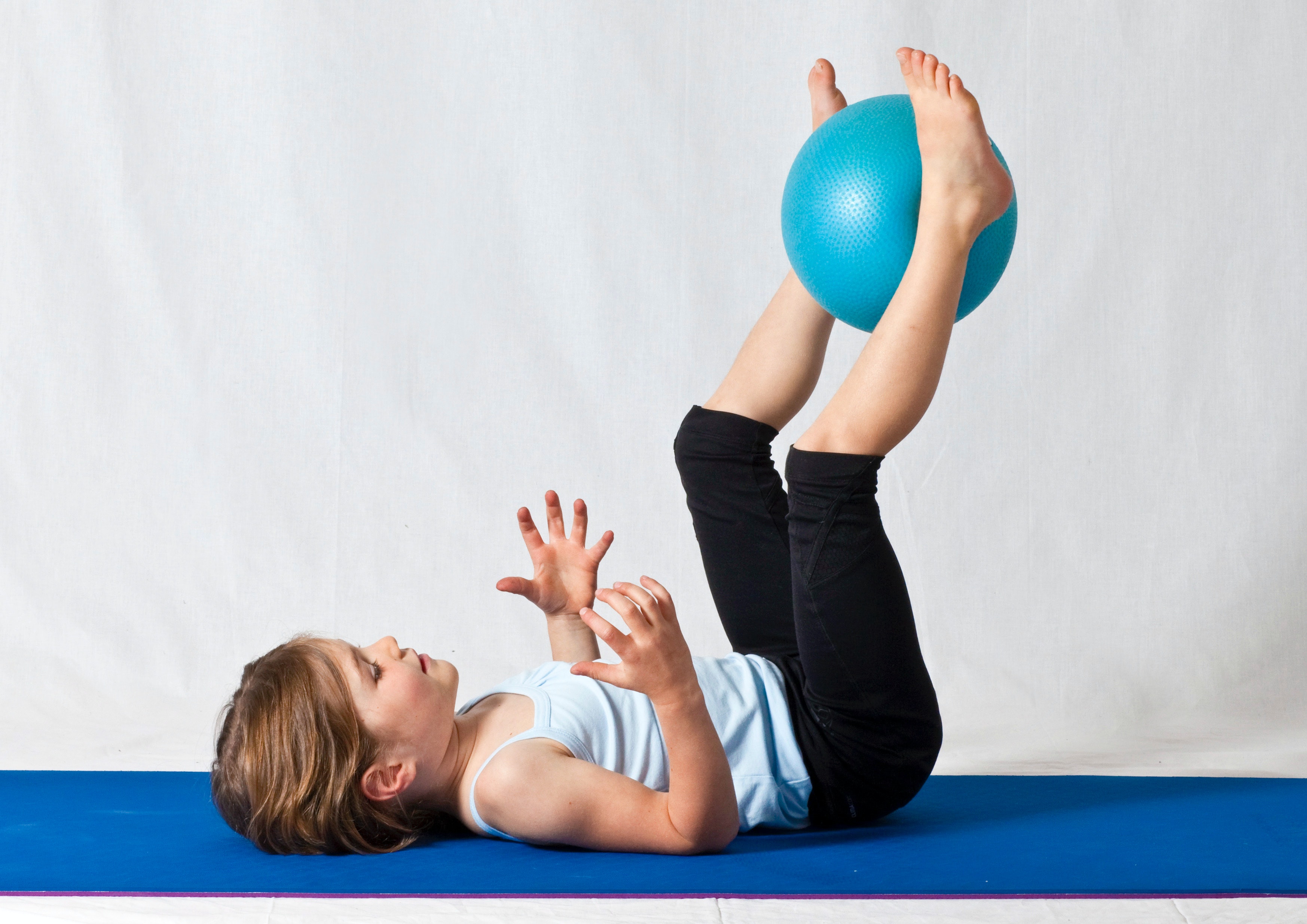What is Adapted Physical Education (APE)?
Adapted Physical Education (APE) is physical education that has been adapted or modified so it is as appropriate for the person with a disability as it is for a person without one. It emphasizes the importance of physical activity and fitness as well as the development of gross and fine motor skills. Students may receive instruction from a credentialed APE teacher and may be integrated into a typical PE class with peers or into a specialized APE class.
Our APE Teachers
Adapted Physical Education Teachers are direct service providers under the Individuals with Disabilities Education Act. They have a teaching credential and an additional added authorization, the APE Specialist Credential, that allows them to teach students with special needs. They are trained to evaluate and assess motor competency, physical fitness, recreation, leisure, and sports skills. APE teachers are capable of developing and implementing an IEP program based on the findings of their assessment.

What are the Benefits of Adapted Physical Education?
APE has proven to be beneficial in many ways. It helps integrate students with special needs into a typical PE class by modifying activities and games, making it more accessible for those who may struggle with typical PE class. APE encourages and focuses on physical fitness, sports, and motor skills. Classes help students learn how to take turns, participate in group games, and improve their stamina, endurance, balance, strength, and coordination skills, while working to make the activities fun and cognitively stimulating. Adapted PE benefits students by promoting physical activity as part of an active lifestyle, developing fundamental motor skills, enhancing self-esteem and self-image, increasing physical independence, decreasing health-related complications, and allowing children to participate in an environment with typically-developing peers.

Our Experts are Experienced in
TES’ approach to APE
How do we make APE fun?
Adapted PE is often a fun, interactive, and exciting class for students. APE teachers may use music to motivate students and engage students with fun sports activities and competitions.
How do we work as a team?
APE teachers are part of an IEP team which can include the general or special physical education teacher, an Occupational Therapist, a Physical Therapist, a Speech-Language Pathologist, or any other related service provider.
How do we include the family?
Families are active participants in IEP meetings and throughout APE services. Families are encouraged to communicate with their child’s teacher regarding any questions or ideas on how to incorporate fitness and motor skills at home.
FAQs About APE
Our Therapists' Credentials
All APE teachers must have either a teaching credential authorizing the teaching of physical education in any grade K-12 or a credential authorizing instruction or services in special education. In addition, they must complete a commission-approved program in Adapted Physical Education and be formally recommended for the added authorization by the California college or university where the program was completed. The APE Authorization remains valid as long as an individual holds a valid prerequisite teaching credential.




